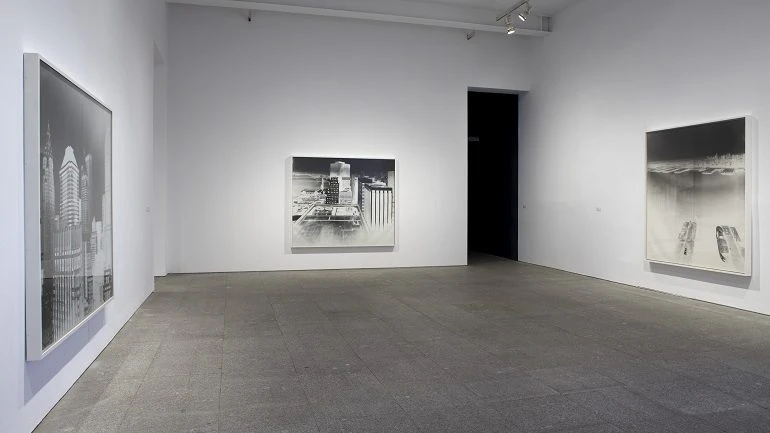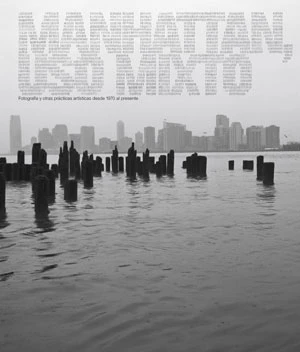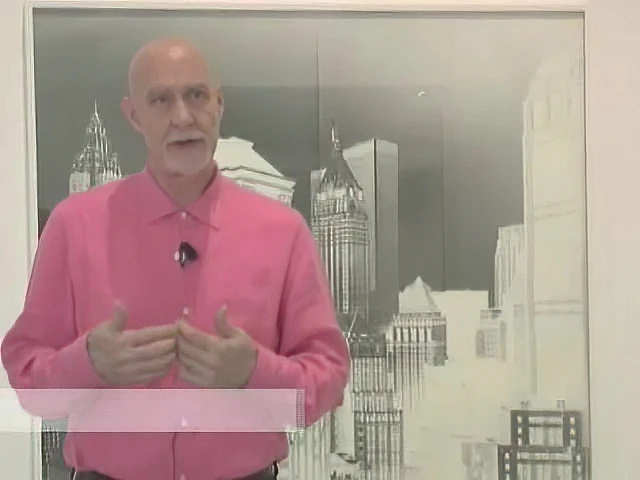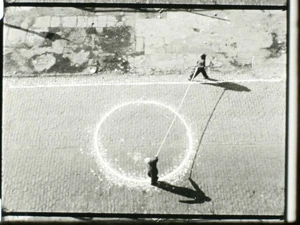Mixed Use, Manhattan
Photography and Related Practices 1970s to the present
Numerous works narrate the conversion of old industrial spaces into places for artistic creation, the metamorphosis of entire neighbourhoods that are forgotten and deserted in forests of signs that reveal human and creative wealth at each step.
A group of pictures by Danny Lyon from his ground-breaking book The Destruction of Lower Manhattan offers the foreword to the exhibition. Along with works by Thomas Struth, Bernard Guillot, Catherine Opie and many others, a back and forth swaying rhythm through generations and places is created, which becomes one of the central themes of the exhibition.
Devoid of people, Opie’s images radiate a melancholic tone that is almost eerie given how crowded the thriving Wall Street had become in the boom years, the Nineties. Opie captures his empty views at dawn, in contrast to the legendary images that Lyon took in 1967-68, when he lived and worked in the literally crumbling downtown area.
The exhibition focuses on such major photographic series as Peter Hujar’s nocturnal photographs taken in 1976 on the West Side of Manhattan, the photographs of the Hudson River docks, taken by Alvin Baltrop from 1975 to 1985, or the work by David Wojnarowicz Rimbaud in New York from 1978-79.
Among the most recent works included here is Static (2009), a digital projection of Steve McQueen, along with other video installations and films, which are evidence of the survival of a legacy passed down to artists who remain committed to the city, to show how urban spaces can become truly public spaces whose instrumentalisation should be confronted byboth the business sector and cultural institutions.
Artists
Organised by
Museo Nacional Centro de Arte Reina Sofía in collaboration with the Festival Internacional de Fotografía y Artes Visuales PhotoEspaña 2010
Image gallery





